|
Every year, the third week of June is recognized as National Pollinator Week, a time to reflect on how essential pollinators are in our ecosystem and agriculture. Don't BEE fooled by their small size; pollinators pack a punch in their field. But did you know pollinators aren't just bees? Moths, butterflies, hoverflies and even wasps are all pollinators with an important role! While making honey might seem like the only method that comes to mind, these pollinators do so much more. According to the United States Department of Agriculture, 3 ⁄ 4's of the world's flowering plants and over 35% of the world's food crops depend on pollination to survive. However, pollinators are in danger. You've likely heard of the diminishing numbers of native pollinators and honeybees or that the Monarch Butterfly is endangered, causing worry for other pollinators and the world's crops and flora. But not all hope is lost. While humanity plays a significant role in the disappearance of pollinator populations, we can also help restore these powerful pollinators. Let's take a look at how pollinators impact our wonderful Horton Farmers' Market. The most recognizable form of pollination in food is seen, of course, with honey! Both benefit when humans and honeybees work together in a symbiotic relationship! One of our vendors, Wildflowers Honey, is an excellent example of this relationship! The beekeeper, Chuck Magri, understands and treats these incredible insects with care. He always ensures to leave enough honey for the bees to feed themselves over the winter, too, only taking what is needed. Sometimes, Chuck even brings bees to the market with him so you can see them at work! Pollinators also mean a great deal to farmers of crops! Ontario favourites like apples, strawberries, and peaches from local vendors like Howe's are only possible with pollinators. But it's not just fruits! Many vegetables like asparagus, carrots and cucumber from vendors like Our Fields (who also keep bees and have honey!) rely on pollinators for successful growth. Not to mention farms specific to growing flowers, such as Harris Flower Farm, one of the primary plants pollinators target. Those of you with a sweet tooth can thank the chocolate midge fly for pollinating cacao trees, which are responsible for becoming chocolate! According to the United States National Park Service, these flies are the only species that pollinate cacao trees and flowers. Without this pollinator, we wouldn't have chocolate in Abby Mae's Gluten Free sweet treats. Now that we know the importance of pollinators, how can we help protect them and help their cause? One of the best ways to help pollinators is to provide them with something to pollinate! One of the leading causes of pollination decline is due to loss of habitat through human construction and invasion, reducing native species that local pollinators love.
In 2022, The London Environmental Network partnered with the Horton Farmers' Market with its Depave Paradise project. It removed 70 square meters of under-utilized pavement, replacing it with a garden with over 75 native plants! By planting this native flora, pollinators in our region can thrive and continue their mission, even in the most unlikely places. You can help at home by planting native species like Common Milkweed, Asters, and Rudbeckia. Avoid using harmful pesticides that can kill these hard-working critters. And finally, one way that, like in a symbiotic relationship, benefits both you and local businesses is to support bee farms! You'll receive fresh, local honey and beeswax products, allowing these businesses to continue thriving and helping their colonies.
0 Comments
Leave a Reply. |
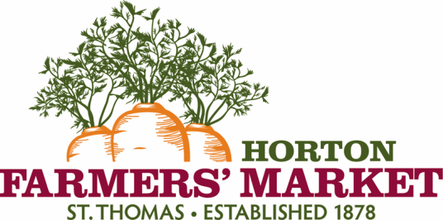
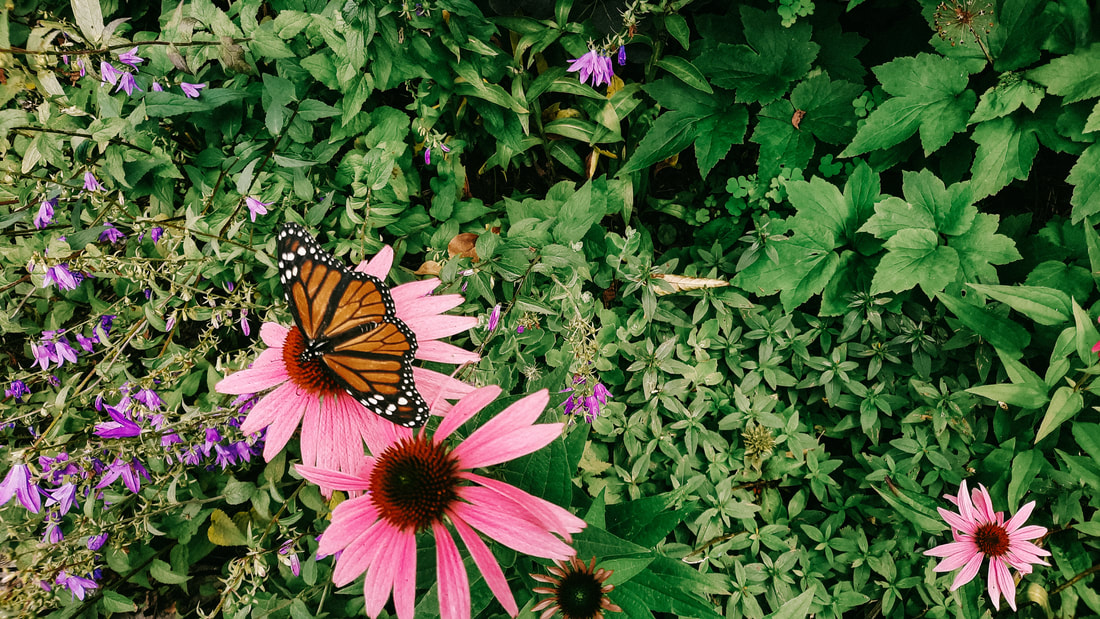
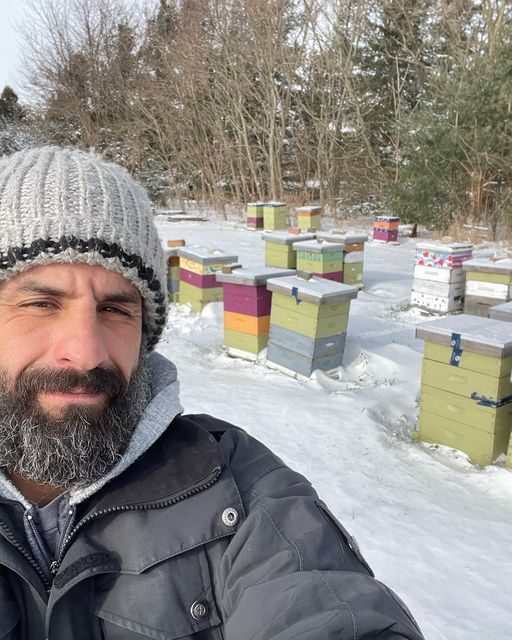
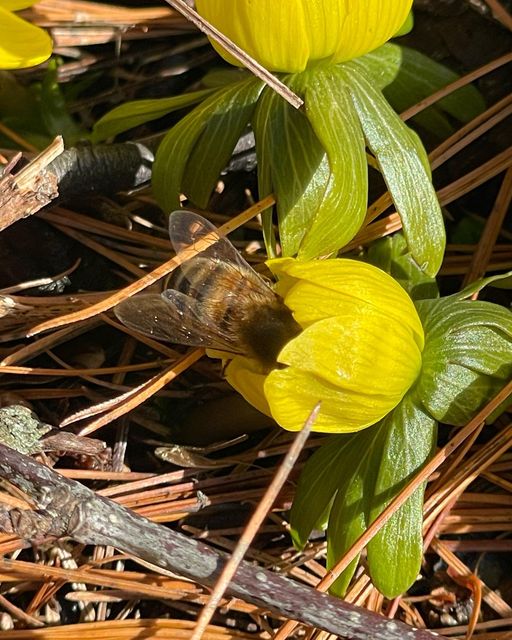
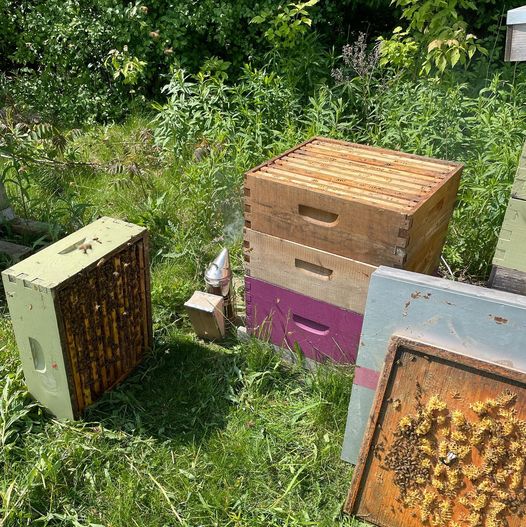
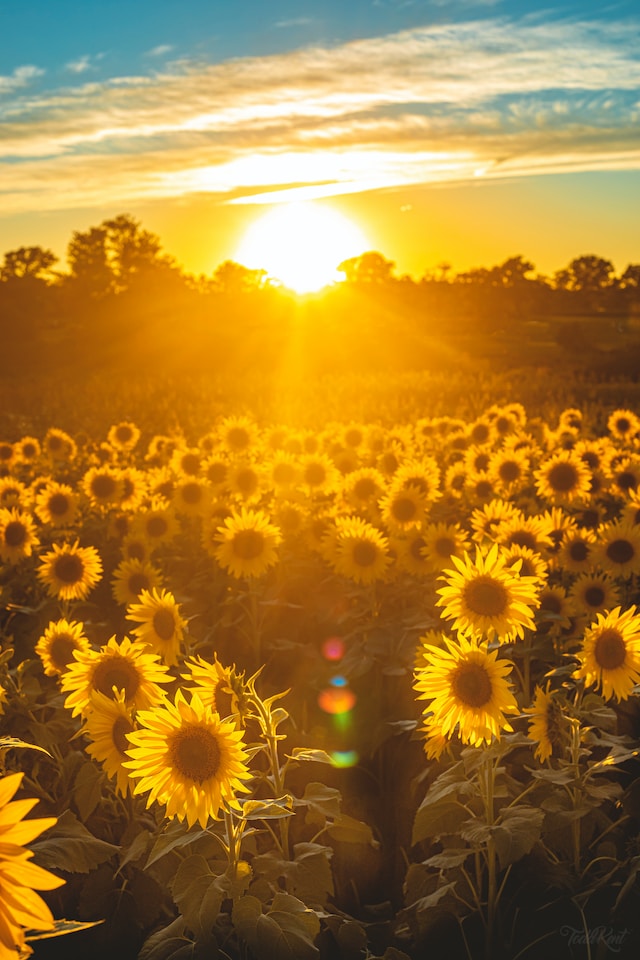
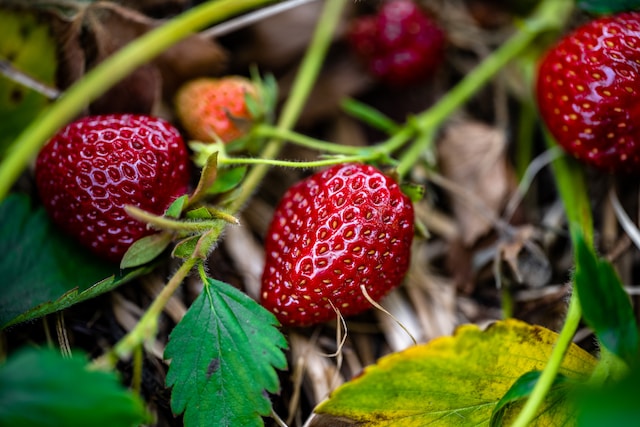
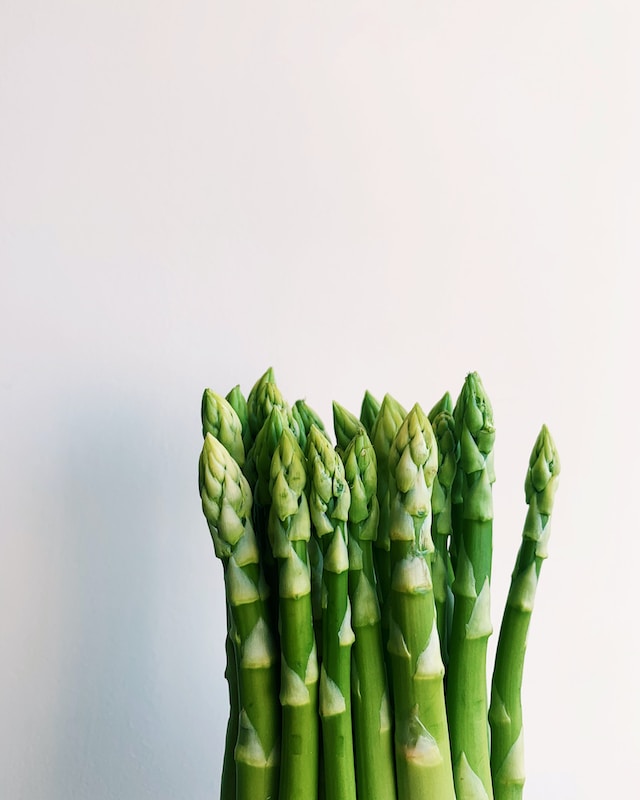
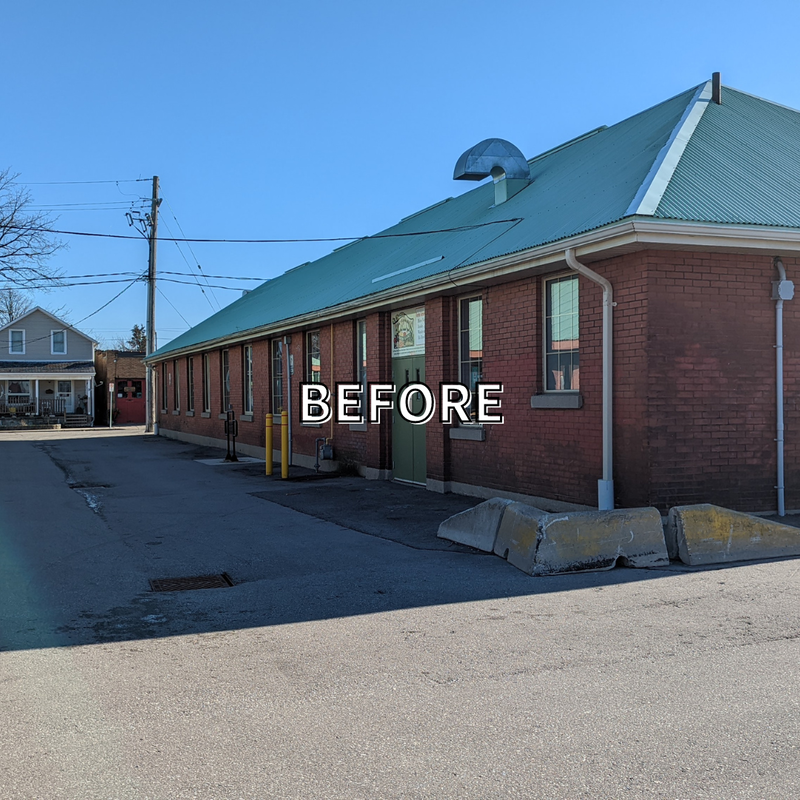

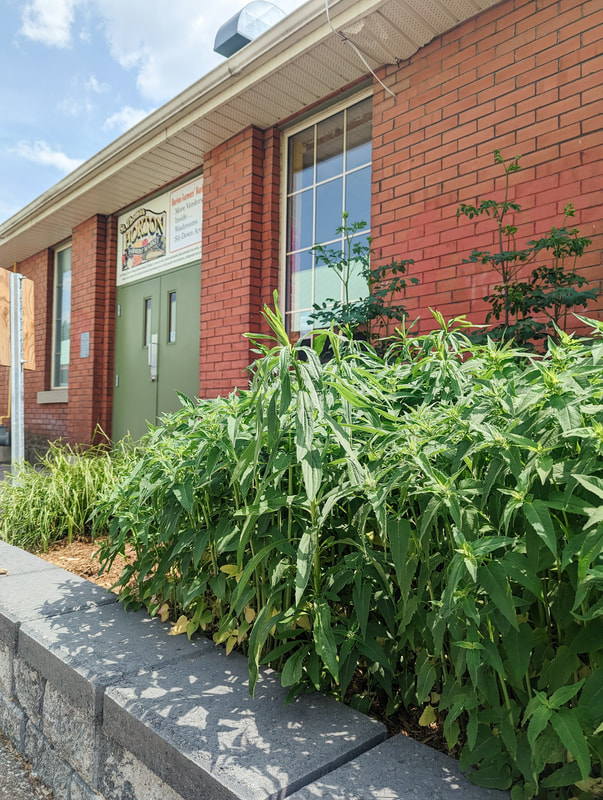
 RSS Feed
RSS Feed



